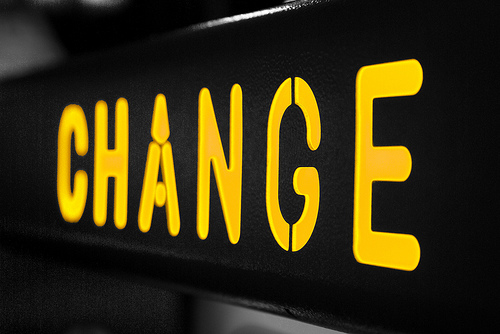Last year in the United States the Sierra Club and the National Council of Churches sponsored a television ad opposing drilling for oil in Alaska's National Wildlife Refuge. The narrator intoned a Jewish prayer in which God says: "This is a beautiful world I have given you. Take care of it do not ruin it."
The ad goes on to propose that America's energy needs be met through conservation, higher fuel efficiency standards and greater use of solar and wind power, the Worldwatch Institute said in its annual "State of the World 2003" report.
Some American churches are taking part in a progam in which they use only coffee that is "fair-traded," which means that participating farmers are guaranteed a minimum price for their harvest, no matter what market conditions dictate.
In Pakistan, the government enlisted Muslim clergy in the North West Frontier Province to launch an environmental awareness campaign based on teachings from the Quran, the religion's holy book.
The report said government leaders and non-governmental organizations saw the religious leaders as a "critical part of their mass awareness campaign, given their broad presence in the country and the fact that in some regions more people go to mosques than to schools."
In Thailand, Buddhist monks are finding ways to engage their religion in an effort to save the country from further deforestation, Worldwatch said. "The quickening of religious interest in environmental issues suggests that a powerful new political alignment may be emerging that could greatly strengthen the effort to build a sustainable world," Gary Gardner, Worldwatch's research director, said in one chapter of the 241-page report, appearing for the 20th year.
The objective of a sustainable world, according to development specialists, is to promote growth and alleviate poverty while protecting the environment. At a news conference, Christopher Flavin, Worldwatch's president, listed a number of successes he said proved the needs of all can be met with minimum harm to the environment.
While these successes offer hope, Worldwatch said, there are still serious threats to societies and ecosystems. Among them:
"The challenge now is to mobilize governments, businesses and civil society to construct economies that are healthy for both people and the planet," Flavin said.

